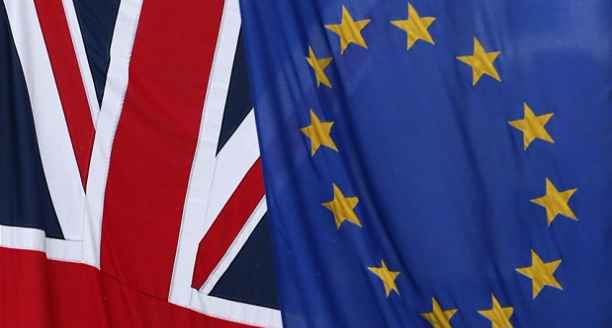
The appalling news of the British MP Jo Cox killing might have shifted market forecasts for a “Remain” result of the upcoming referendum on whether the UK should maintain its membership of the European Union. Jo Cox was in favour of the of the UK to stick with its EU membership and her murder could amend the public opinion in line with her position as the pound sterling rate soared following her death.
News and developments around Brexit continued to drive the forex markets last week with rumours that the UK Prime Minister David Cameron could defer the referendum date that is currently scheduled for Thursday 23 June. Eurozone policymakers remain divided as to what the implications from a potential Brexit could be for the group and its common currency, the euro. Dutch finance minister and chairman of Eurozone’s group of finance ministers Jeroen Dijsselbloem is with the opinion that in case of a Brexit, no major monetary policy changes would be required on a Eurozone level. However, a number of others including Finland’s finance minister Alexander Stubb, estimate that Brexit would be followed by a financial crisis similar to the one experienced in 2008.
At the end of Friday’s trading session, the pound increased against the U.S. dollar by 0.48% and was trading at $1.43602. On a weekly basis, the GBP/USD increased by 1.2%. In relation to the euro, the pound sterling also rose on Friday by 0.4% and ended trading at €1.27385.
The International Monetary Fund (IMF) once more spoke of its opinion through that Brexit would be followed by negative economic reactions in the UK. Through its annual report on UK’s economy, the IMF said that the nation’s probable decision to cancel its EU membership might drag its economy into recession, while it could also have a negative effect on the labour market and decrease wages. According to the same report, Brexit might also inflate fuel prices but in combination with a reduction in standard of living.
New trading agreements with the EU would need to be established if the UK votes for a Brexit but decides to remain in the European Economic Community (EEC), but if not then the nation would have to abide to the international conditions set by the World Trade Organisation (WTO). These developments would have significant chain effects and amendments to existing trade agreements with other nations and cause a prolonged period of volatility in the financial markets.
The IMF has taken a negative stance in the past also about the effects of a Brexit, three months ago it said that cancellation of the UK’s European Union membership would lead to deterioration of trade relationships of both the UK and EU. Vote Leave supporters however argue that the nation could create 300,000 new jobs by establishing relationships with emerging markets while also cease the sending £1.4 million on a monthly basis for Eurozone commitments.


